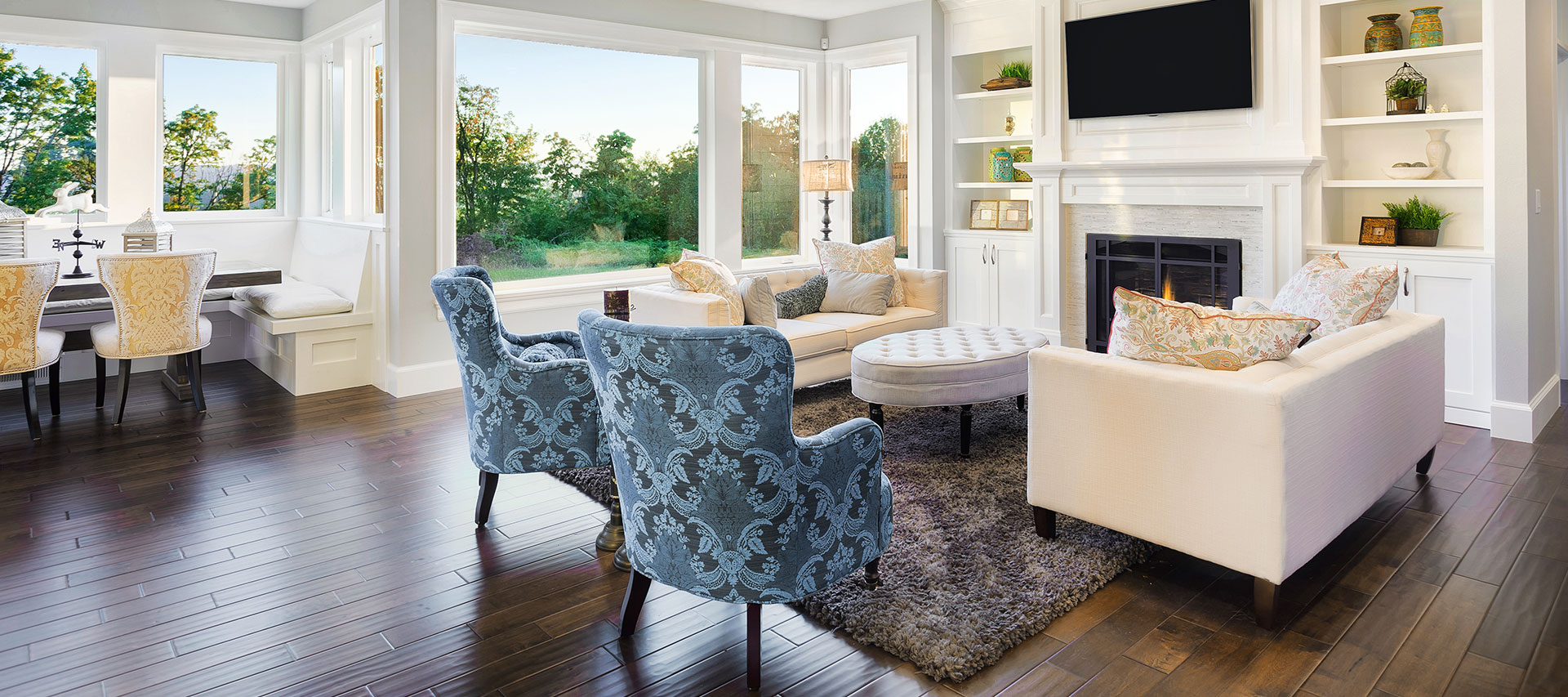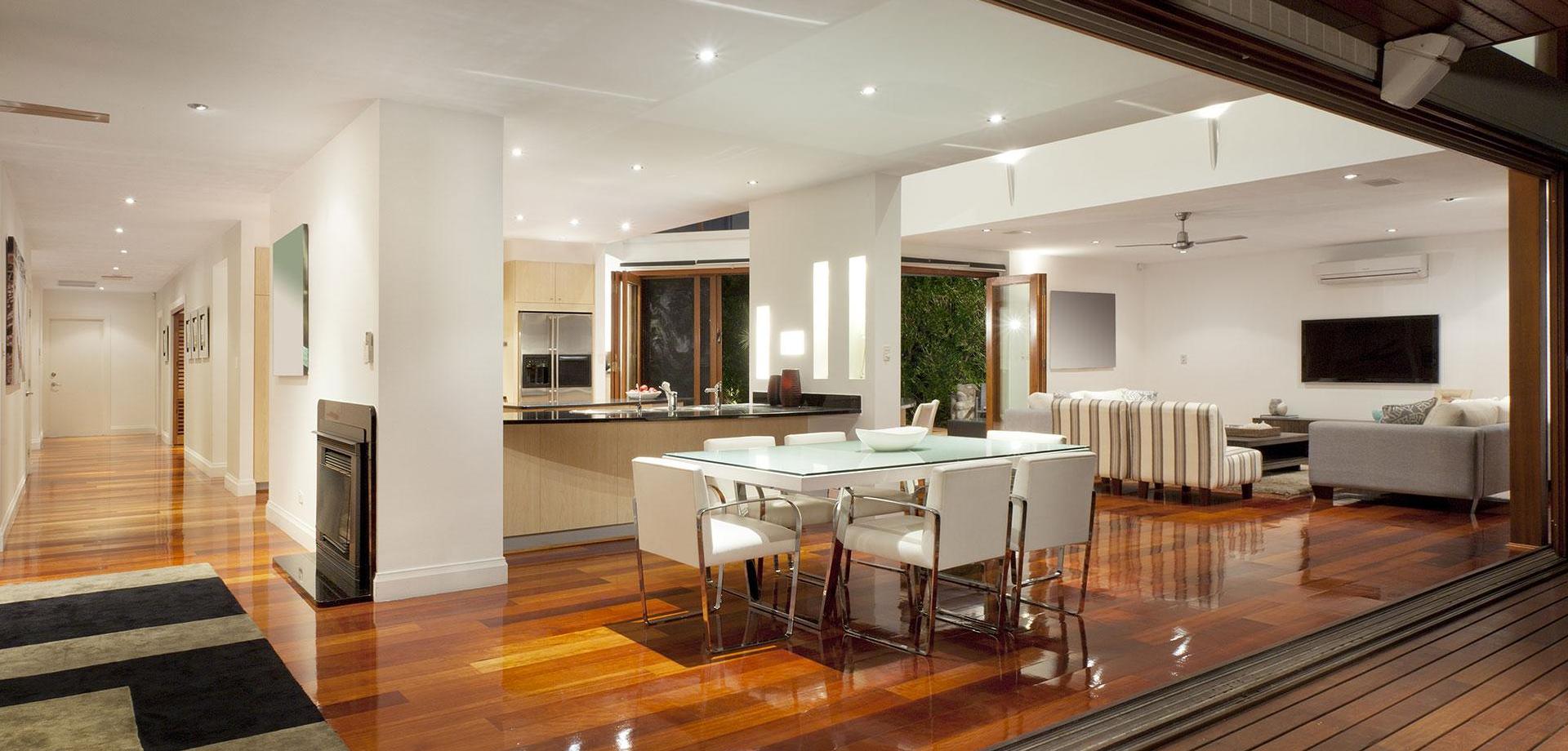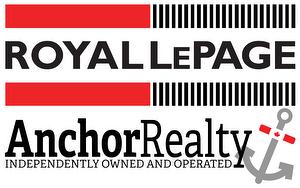


Radon gas and home buying/selling in Nova scotia
Radon Gas
Radon gas is becoming a hot real estate topic in HRM. Radon gas exposure is the 2nd leading cause of lung cancer after smoking. Radon is invisible, you can’t see it, smell or taste it and it can get into your home undetected. It is often found in lower levels of homes where it can seep into the home through cracks, gaps around pipes and construction seams.
The current Canadian Guideline for radon is 200 becquerels per cubic meter (Bq/m3). Testing in some areas of Halifax Regional Municipality (HRM) have detected levels of almost 2000,Bg/m3 or higher which is extremely dangerous. The recommended test period is at least 90 days.
So how do we deal with Radon in a real estate sale?
The standard Inspection clause in our agreements will allow you to test for radon as part of the sale. You could also put a Radon test clause in separately but it is not necessary.
House inspectors usually test for Radon but there are also many companies that specialize in Radon testing. We typically use the house inspector who is doing the house inspection for us.. The fee is about $300. Military, RCMP and many corporations will cover the cost as part of your relocation plan.
The testing process involves putting a testing machine in the house and leave it there for usually 4 days. The tester then reads the results and makes a recommendation for how to proceed.
If the test results show levels higher than the guidelines, but not substantially higher, the recommendation is typically to do a longer 90 day test to confirm the levels. This involves the buyer buying a Do it Yourself test kit and leaving it in the house for 90 days. This test kit is then mailed away for results. This test is completed after the buyer has bought and closed the property.
If higher levels of Radon gas are found to be substantially higher, say for example 1,000 becquerels per cubic meter (Bq/m3), the inspector will usually recommend remediation of the Radon. The typical remediation is to have a remediation company drill a hole in the basement floor and install a fan that is attached to piping that is run to the outside of the property.. The fan removes air which contains gas and then it is released to the outside. The fan and piping are permanently installed in the property. The installation is a fairly simple procedure that is done is less than a day.
The cost of remediation varies but is typically between $1200 and $2000. Often the seller will be asked to pay for the remediation and have it completed before the closing of the property. Sellers sometimes agree to pay for it but not do the work. This is done as either a credit on closing or a price reduction on the sale. Sellers don't always agree to pay so this becomes a negotiation item.
It is important to understand that some areas of HRM have a higher risk of Radon than others. There is a map showing the risk in all areas of Nova Scotia including HRM. This map can be found at https://fletcher.novascotia.ca/DNRViewer/?viewer=Radon. You can either zoom in on the area where the property you are buying is located or search by address. You can then assess the risk and decide whether you hire a company to do a 4 day test for Radon as part of your sale or wait until after the closing and complete a 90 day test.
We are recommending that all buyers test their homes for Radon. If the Radon risk map showing medium or high risk we recommend that you test as part of your sale. If it is low risk we discuss options with the buyer and buyers often decide not to pay for a test as part of the purchase and to test after the sale has closed. You can do the test yourself by buying a test kit at the NS Lung Association at 6331 Lady Hammond Road in Halifax 902-443-8141. The cost is about $50. You can also buy a test kit at Home Depot. You simply put the kit in the basement of your home for 90 days or longer, and then mail the results away for analysis.
Radon gas should not be ignored. It is dangerous. Testing during a real estate sale is problematic. It is not realistic to ask the seller to wait for 90 days for you to do a 90 day test, which is the minimum time frame that is recommended. So the only option is assess your risk and if you deem it high enough, then do a 4 day test, even though the 4 day test might not accurately show the actual average levels of Radon gas.
We discuss all the options with you and some research online as well and decide how you want to handle Radon in your purchase.

